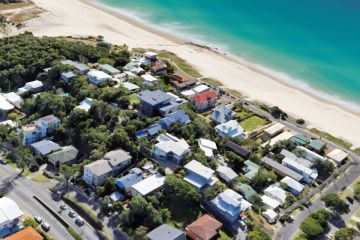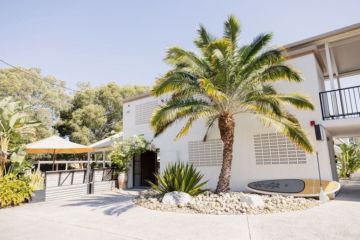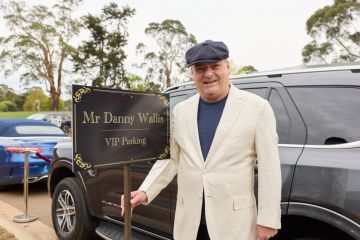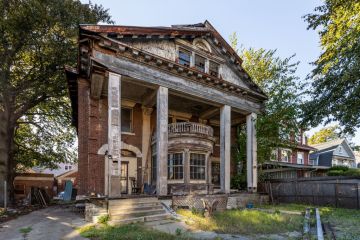Federal government plan for congestion busting no 'silver bullet'
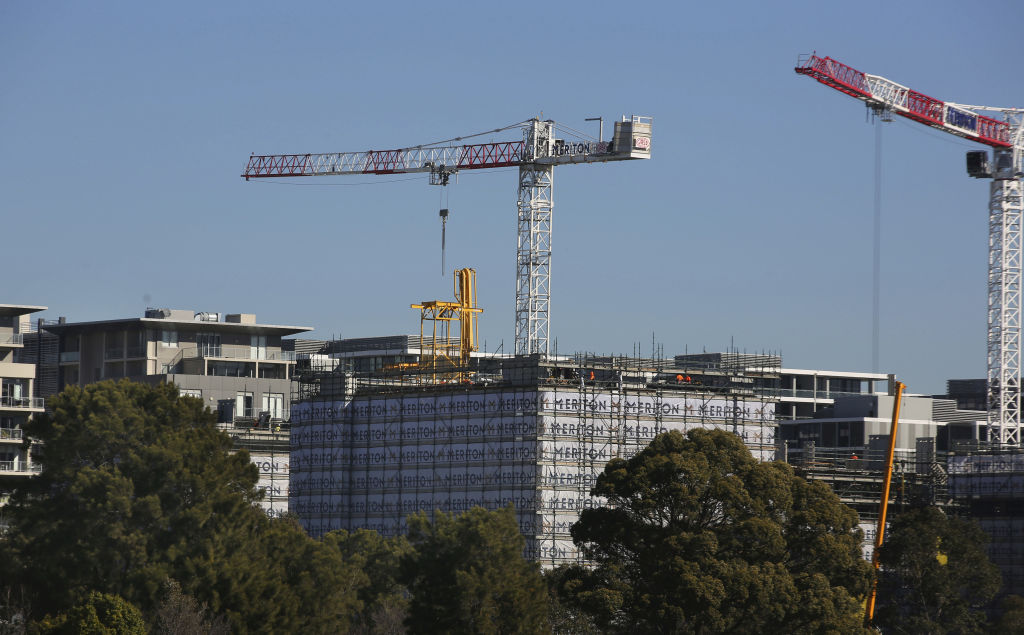
Regional politicians are pushing back against the federal government’s forced-migration plan, fearing they’ll become a dumping ground for Sydney and Melbourne’s congestion problems.
Cities, Urban Infrastructure and Population Minister Alan Tudge announced on Tuesday that new migrants will have to live outside Sydney and Melbourne for up to five years to ease congestion in the capital cities.
It is understood new visa conditions will be imposed on skilled migrants, who are not tied to any specific geographic location through work or family sponsorships, to settle in regional areas.
While no prospective regional cities or towns have been singled out for migrants, Newcastle, Shepparton and the Sunshine Coast are seen as probabilities, where high-speed rail links are also being investigated.
Newcastle mayor Nuatali Nelmes said she supported population growth as long as the infrastructure, housing and jobs matched a planned migration.
“There’s no point in forcing skilled migrants to Newcastle or the Hunter unless there are matching job opportunities,” said Cr Nelmes.
“I support fast rail but we’re not a satellite suburb of Sydney. We are far enough away from Sydney to have our own economic mix and our own cultural identity.”
The median dwelling price in Newcastle is $695,000 – up 13 per cent in a year, according to Domain data. Unit prices have risen a whopping 57.2 per cent in the last five years.
In the neighbouring suburb of Merewether, the median house price is $1.3 million – a 8.3 per cent increase year-on-year in 2018 and 64.6 per cent increase in half a decade.
G21 Geelong Regional Alliance chief executive officer Elaine Carbines welcomed the prospect of federal funding for a high-speed rail link – also promised by the state opposition – but stopped short of supporting forced migrants to the area.
“We’re growing faster than the state [as a whole] at about 2.7 per cent per annum. We’re already doing our bit to ease some of the congestion in Melbourne,” she said.
The median house price in Geelong is now $727,500 – a 8.3 per cent annual increase and a 53.8 per cent five-year increase.
“What we’re struggling to keep up as it is with the infrastructure to support that growth and we don’t want to become like Melbourne.”
Ms Carbines said it was an attractive idea in principle, but high-skilled workers should not be mismatched to low-skill job opportunities in regional areas.
A key architect of the federal government’s plan to impose visa restrictions on new migrants has urged the need for calm, considered debate on the issue.
Sydney Liberal MP John Alexander, in charge of a parliamentary inquiry into the development of cities, said there was “quite deep consideration going into a suite of policies to address the issue of population growth”.
He said visa restrictions were just one component of the overarching goal of a strategic decentralisation plan for Australia’s future. Mr Alexander’s said his inquiry showed the need for a national plan of settlement and said he had since met with Mr Tudge several times to discuss future policy direction.
He said building better regional infrastructure for strategic decentralisation was an opportunity for more immigration in future.
Domain economist Trent Wiltshire said a policy that alleviated population pressures in Melbourne and Sydney had some merit but needed a comprehensive approach.
He said restricting immigration to particular areas was no “silver bullet” and the federal government would be better off investing in city infrastructure rather than building expensive high-speed rail links.
“Somewhere like Adelaide, Darwin and Perth would be keen to see migrants arrive. That would be smarter than forcing people to move to a country area with no good job prospects. You can’t force Australians to move to country towns but it sounds like the government has a lever to force migrants to regional areas.”
Victorian Premier Daniel Andrews has already hit out at the federal government’s plan. “I’m not about telling people where they should live. I’m about connecting people no matter where they live and building the infrastructure that is absolutely critical,” he said on Tuesday.
We recommend
States
Capital Cities
Capital Cities - Rentals
Popular Areas
Allhomes
More
